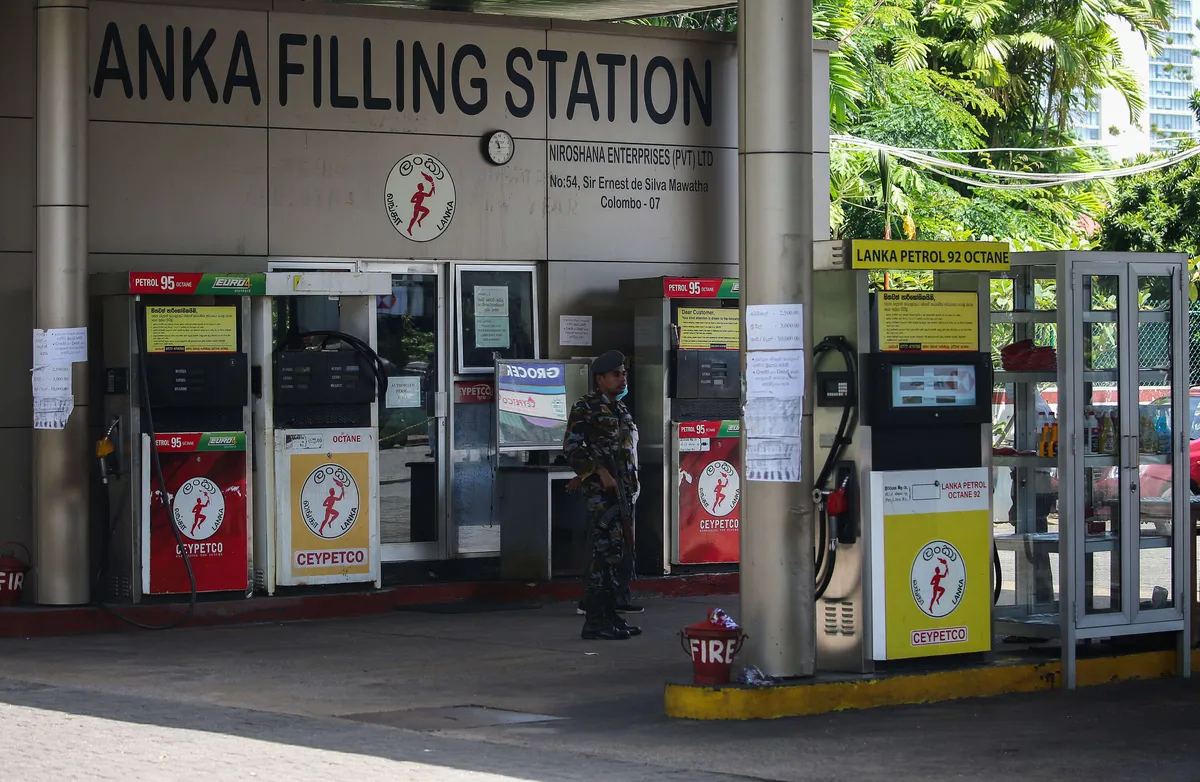The government of the Asian island nation of Sri Lanka decided on Monday to ban the refueling of private vehicles. The ban is due to last two weeks and end on July 10th. The matter was reported by, among others, the British Broadcasting Corporation BBC as well as a news agency Bloomberg.
The country’s government hopes to have sufficient fuel stocks to ensure the operation of essential vehicles such as trains, buses and cars used in healthcare.
Sri Lanka, which is suffering from the worst economic difficulties in decades, says its current fuel stocks are 9,000 tonnes of diesel and 6,000 tonnes of petrol. It is estimated that under normal use these would take less than a week, so the restrictions are justified on the performance of the essential vehicles.
However, according to experts interviewed by the BBC, a ban on refueling could have negative effects. Restricting the movement of people can lead to even greater financial problems.
Sri Lanka ended in insolvency in May when the state announced its inability to pay its share of some 50 billion in debt. The country, which has lived heavily on tourism, has suffered from economic difficulties during the corona pandemic. The reckless monetary policy of the country’s government is also playing a role in the economic crisis.
The International Monetary Fund has been discussing a possible $ 3 billion bailout package with the country last week. Sri Lanka has also requested supplies assistance from neighboring India and long-term trading partner China.
Sri Lanka has sent representatives to Russia and Qatar in hopes of possible bargain deals on petroleum products. So far no deals have been made.

[…] means for the long-term is that small and compact vehicles will become ever-more popular. This is good news for the environment, but also for drivers – small vehicles are at the forefront of affordability and innovation […]